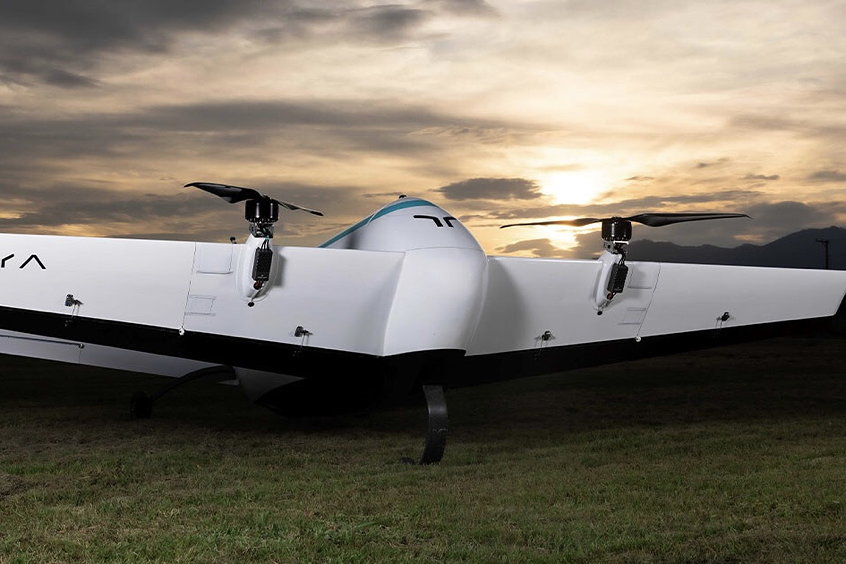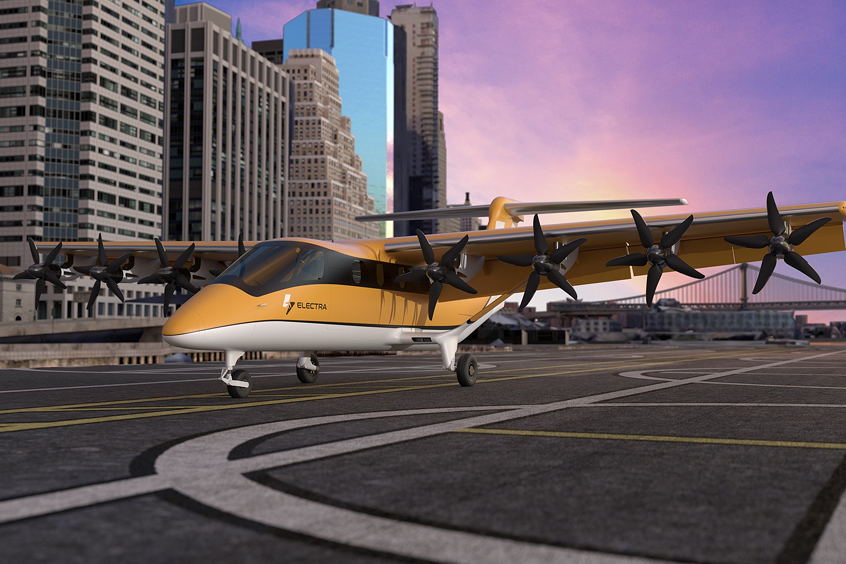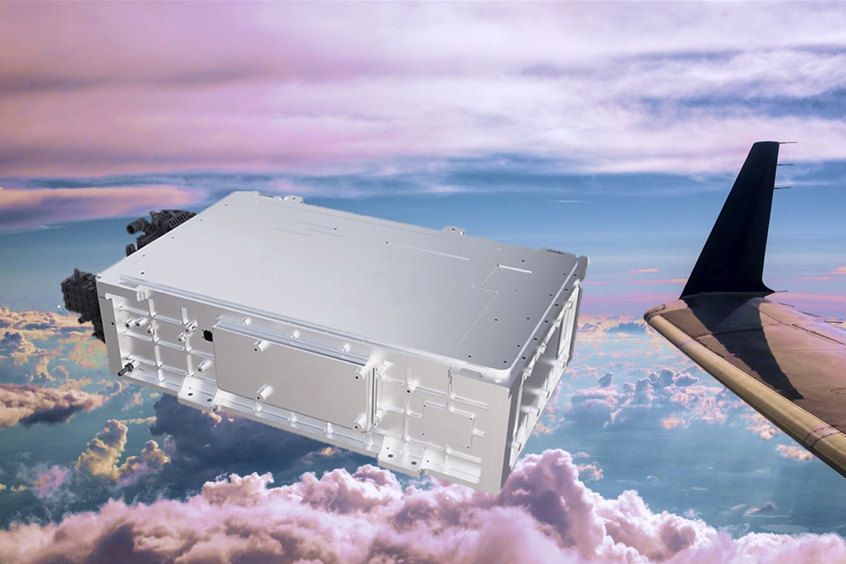The Electric Aviation Group (EAG) has spun off a new company to develop and commercialise Megawatt-class fuel cell stack systems for aerospace and non-aerospace applications: Smart Megawatt Stack (SMS) Fuel Cell Systems Ltd.
EAG will contribute its unique patent portfolio, commercial leadership and access to a live aircraft programme; while other co-founders will bring deep subject matter expertise and track record in developing technology companies in the hydrogen sector.
SMS Fuel Cell Systems' founding team includes Kamran Iqbal, CEO of Electric Aviation Group, and experts from Imperial College London: Professor Nigel Brandon, Dean of Engineering, founder of AIM-listed Ceres Power and co-founder of RFC Power; Professor Anthony Kucernak, Professor of Chemical Physics and co-founder of Bramble Energy, RFC Power and SweetGen; Dr Billy Wu, senior lecturer in the Dyson School of Design Engineering with expertise in electrochemical devices and manufacturing and manages a multi-million pound portfolio of research projects with partners such as: Shell, Aston Martin, Johnson Matthey, ANSYS, Williams Advanced Engineering, Jaguar Land Rover, Dukosi, Arcola Energy (Ballard) and others; Dr Huizhi Wang, senior lecturer in the Department of Mechanical Engineering and a group leader of the Electrochemical Science & Engineering Group. She holds an EPSRC fellowship and is a principal investigator/chief investigator of research projects worth more than £10m.
Iqbal is delighted: "The megawatt scale fuel stack system to be developed by this new venture is yet another key step to make EAG's aircraft a reality. Our aircraft and its enabling technologies will become a blueprint for future larger and smaller green aircraft. It is the foundation to secure a leading share in the sustainable mass air transportation market. We have assembled the 'best in class' team with complementary capabilities to turn our vision into a reality".
"There are great opportunities to develop new fuel cell solutions for aerospace applications," says Brandon, "and we are looking forward to working with Electric Aviation Group to put these into practice."
Kucernak adds: "Electrification of air transport using MW-class hydrogen fuel cell technology represents an exciting and transformative area which will accelerate the deployment of greener transport options".
EAG has been working with Atkins, a member of the SNC-Lavalin Group, since 2021. This collaboration provides EAG with multi-layered support, from specialist strategy advisory to safety assessments and specification, integration and certification. Julian Fielden-Page, Atkins Market Director Future Flight says: "EAG is a high-profile disruptor at the forefront of driving innovation in Net Zero aerospace. The formation of SMS Fuel Systems is yet another tangible step that brings EAG closer to achieving their vision."
The Electric Aviation Group (EAG) aims to develop the world's first 'True Zero', i.e. targeting zero carbon and NOx emission, 90-seater hydrogen hybrid-electric regional aircraft (H2ERA). To enable this, EAG's immediate focus is on developing key enabling technologies at the right size and scale without which future green aircraft platforms cannot be delivered.
| Contact details from our directory: | |
| Electric Aviation Group (EAG) | Airframer |
| SMS (Smart Megawatt Stack) Fuel Cell Systems Ltd. | Fuel Cells |
| Related aircraft programs: |
| Electric Aviation Group H2ERA |
| Related directory sectors: |
| Electrical Power Systems |
Weekly news by email:
See the latest Bulletin, and sign up free‑of‑charge for future editions.

Altair collaborates with aerospace startup Moya Aero to develop eVTOLs

Electra reveals design for EL9 hybrid-electric aircraft
Piper Aircraft achieves AS9100 certification
